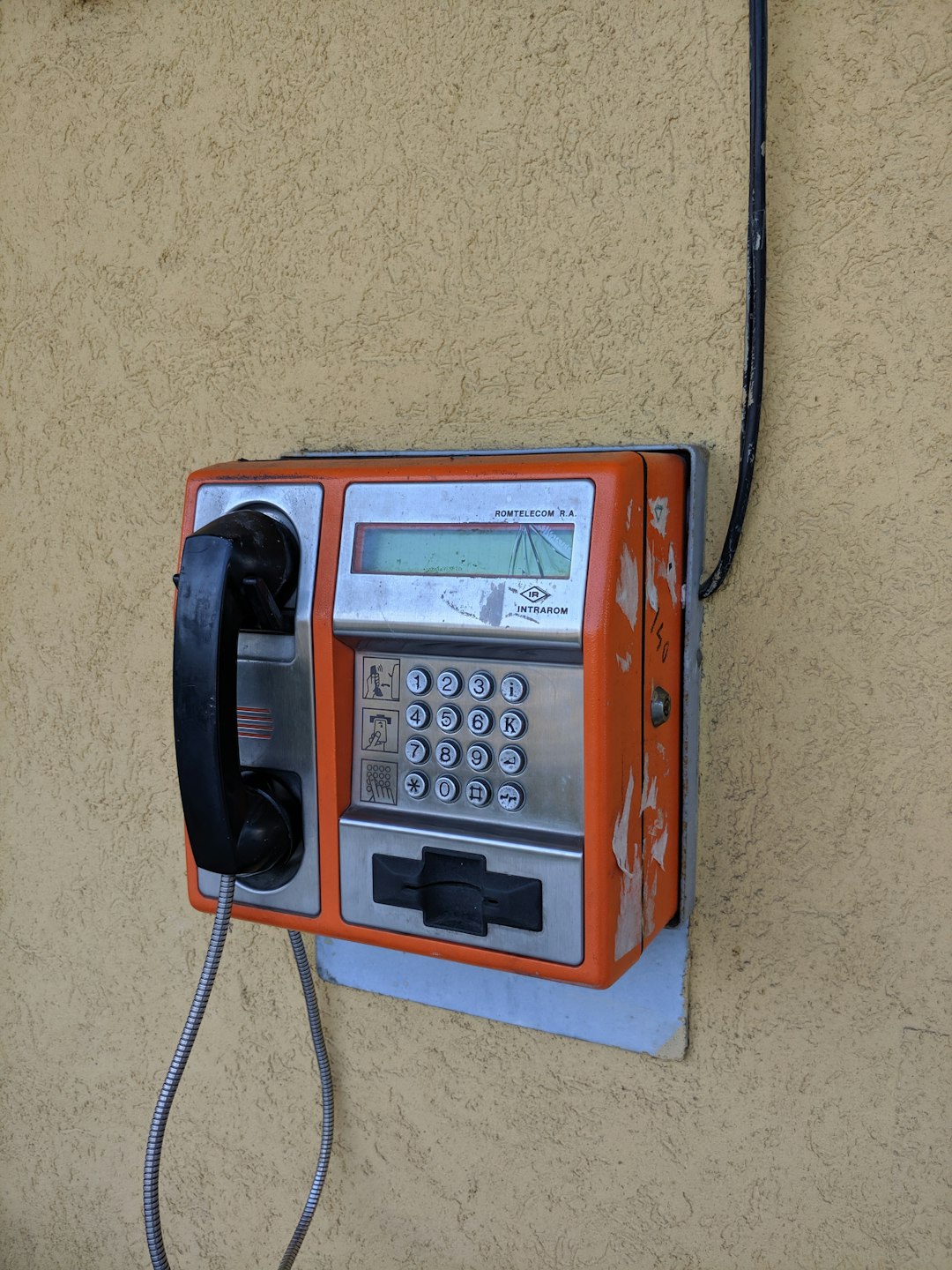Debt collectors in Montana must adhere to strict regulations, including communication limits and written notices, to avoid harassing consumers. Violations can lead to legal action by both debtors and creditors, making it vital to consult a specialist lawyer for debt collector laws in Montana. Such professionals ensure compliance, help resolve disputes fairly, and provide guidance on documenting harassment for potential legal claims against abusive collectors.
Navigating debt collection harassment can be a complex and stressful process, but understanding your rights under Montana law is crucial. This article serves as a comprehensive guide to Montana’s debt collection laws, equipping consumers with the knowledge to recognize and protect against abusive practices. From understanding your rights to knowing when to take legal action, we break down the intricacies of Montana’s regulations. If you’re facing harassment from a debt collector, consider consulting a lawyer specializing in these laws to ensure your rights are respected.
Understanding Montana's Debt Collection Laws

Understanding Montana’s Debt Collection Laws
In Montana, debt collectors must adhere to strict regulations designed to protect consumers from harassment and unfair practices. The state has implemented laws that govern how often and when debt collectors can contact individuals, as well as the type of communication they can use. A lawyer for debt collector laws in Montana is crucial for both debtors and creditors to ensure compliance with these rules.
Debt collectors are prohibited from making harassing or abusive phone calls, using threats, or employing false or misleading statements. They must also provide written notice before contacting a debtor and allow a reasonable time for response. Knowing their rights under Montana’s debt collection laws is essential for both parties to resolve financial issues fairly and peacefully.
Rights of Consumers and Limitations on Harassment

In Montana, consumers have specific rights when it comes to debt collection practices. According to the Montana Debt Collector Harassment Laws, creditors and debt collectors must adhere to strict guidelines when attempting to collect a debt. Consumers are protected from excessive or unfair harassment, which includes repeated calls at inconvenient times, threatening language, or using deceptive tactics. If you’re being harassed by a debt collector in Montana, it’s crucial to know your rights.
A lawyer for debt collector laws in Montana can guide you through these protections and help you understand your options. You may be entitled to seek legal action if the debt collector has violated your rights, resulting in compensation for emotional distress or other damages. It’s important to document any instances of harassment, such as recording conversations (with proper notification) or keeping a log of calls, dates, times, and messages, which can serve as evidence should you need to take legal action.
Legal Actions Against Debt Collectors in Montana

If you’ve been subjected to harassment or unfair treatment by a debt collector in Montana, it’s crucial to know that legal actions are available to protect your rights. A lawyer for debt collector laws in Montana can help guide you through the process of filing a complaint with regulatory agencies like the Montana Attorney General’s Office or the Federal Trade Commission (FTC). These agencies have specific guidelines and regulations in place to prevent abusive debt collection practices, and they can take formal action against violators.
In addition to regulatory avenues, individuals facing harassment from debt collectors may also seek legal redress through private litigation. A qualified lawyer specializing in debt collector laws can assist you in understanding your rights under Montana state law, which prohibits harassing, threatening, or misleading conduct by collection agencies. Damages for emotional distress, unlawful fees, and other losses incurred due to the harassment can be pursued in civil court.






